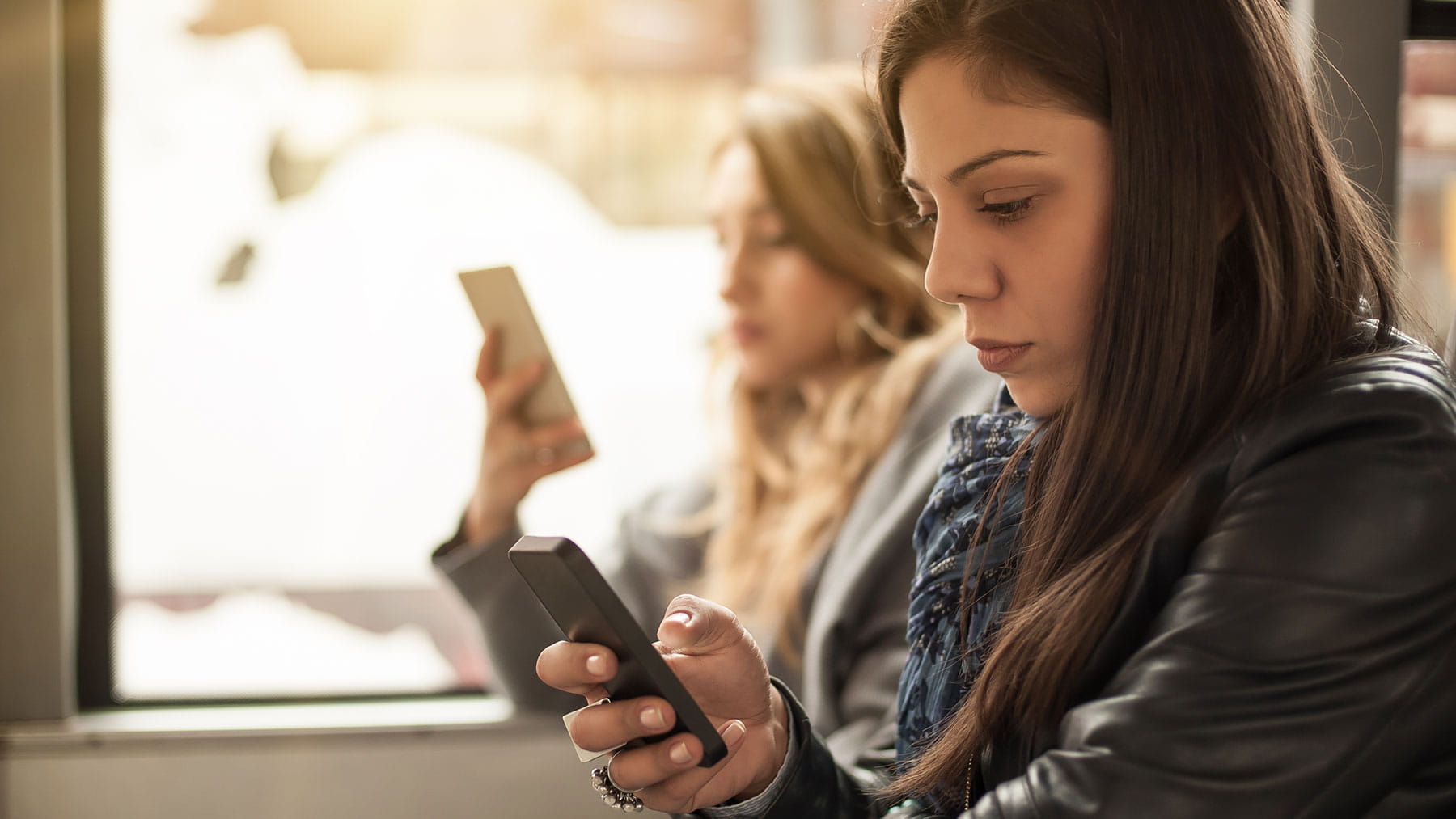Is the digital age making us lonely?

“Is the digital age making us lonely?”
A colleague recently posed this question after reading an article titled “Work and the loneliness epidemic” in the Harvard Business Review.
The article states that loneliness is a growing health problem, especially in the workplace, where our culture doesn’t often foster social connections and meaningful relationships. It also said that “we live in the most technologically connected age in the history of civilization, yet rates of loneliness have doubled since the 1980s.”
The article got me thinking about my own research in this virtual age of Twitter, Facebook, Instagram and Snapchat.
I’m an assistant professor and clinician in Ohio State’s Department of Psychiatry and Behavioral Health. I treat people with mood and personality disorders.
My research focuses on understanding how the quality and stability of social networks may affect and be affected by psychological disorders.
By social networks, I don’t mean those just found on the Internet, although they can be important if they’re meaningful. Our social networks include those with whom we typically interact, such as our family, friends, colleagues and neighbors.
Through my research, I’ve found that individuals with borderline personality disorder have social networks that differ from healthy people in terms of quality and quantity of partners, and stability of relationships over time.
We can measure the quality of our social networks by how much support, satisfaction and closeness we perceive in our relationships, as well as how much conflict and criticism we experience.
This brings us back to the question of whether online platforms are a culprit of our loneliness. The answer is, it depends.
It’s the perceived quality of the relationships that make up social networks, not the quantity or type that counts.
Face-to-face social interactions are not always more potent than virtual ones. There’s a huge shift between the social networks of folks who grew up with online communication tools versus those who didn’t.
You could have thousands of Facebook friends and Twitter followers, for instance, but still feel lonely. Alternatively, you could have a few meaningful relationships and feel completely satisfied.
Loneliness isn’t a term I use in my research. As a clinician, I diagnose depression. A sense of loneliness or social isolation often comes along with depression, as does a loss of pleasure, sadness and feelings of worthlessness.
Loneliness is the painful and distressing experience of feeling alone, disconnected and isolated.
Feeling isolated or rejected can have major implications on our health. Not only can it contribute to depression, anxiety and thoughts of suicide, but loneliness can lead to high blood pressure, obesity, stroke and even death.
Loneliness has several core components:
- Intimate: Do you have a connection with at least one person who offers you emotional support?
- Relational: Do you have supportive friends and family? For instance, could you call on someone in a moment to drive you to the airport?
- Collective: Do you feel connected to a larger culture or your community?
If you do feel isolated and down, help is available.
Treatment options for depression include psychotherapy and/or medication. Psychotherapy for depression addresses issues of loneliness in different ways. Cognitive-behavioral therapy addresses thoughts that may hinder social connections. Interpersonal therapy addresses interpersonal issues that may contribute to isolation. Behavioral activation helps individuals reconnect with important sources of reinforcement, such as friends and family.




